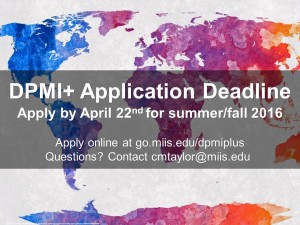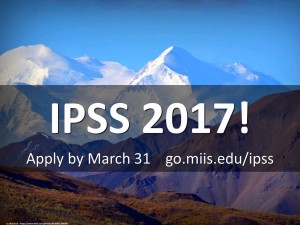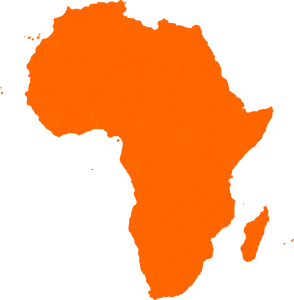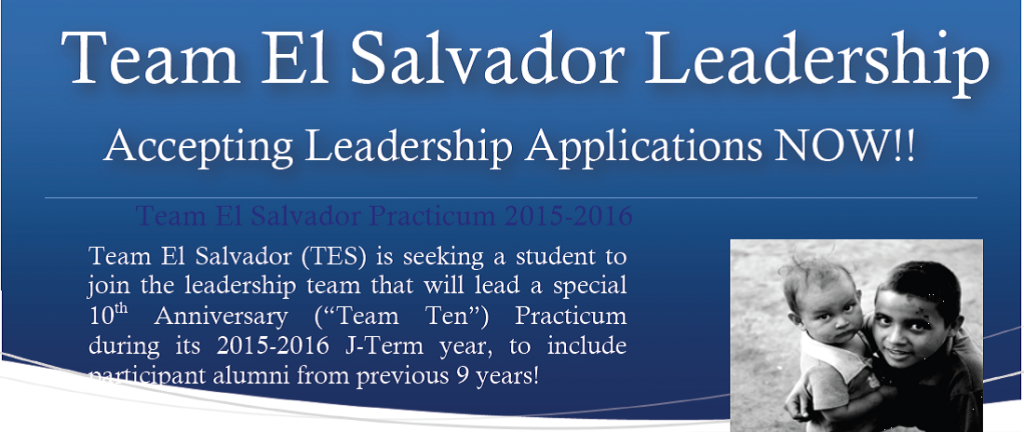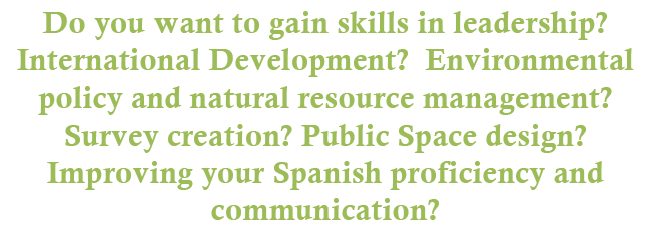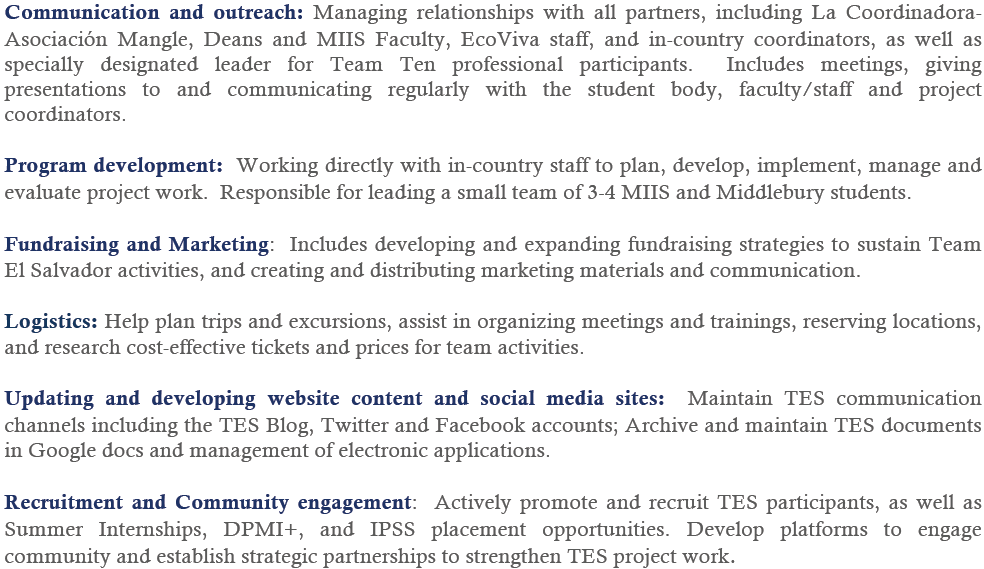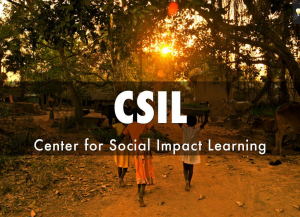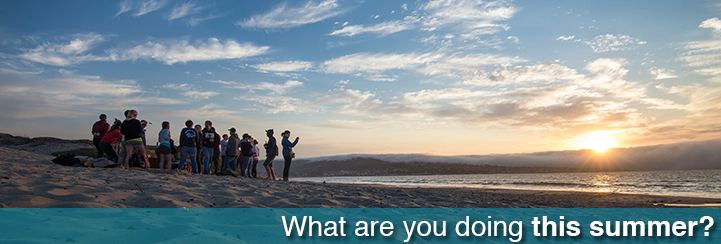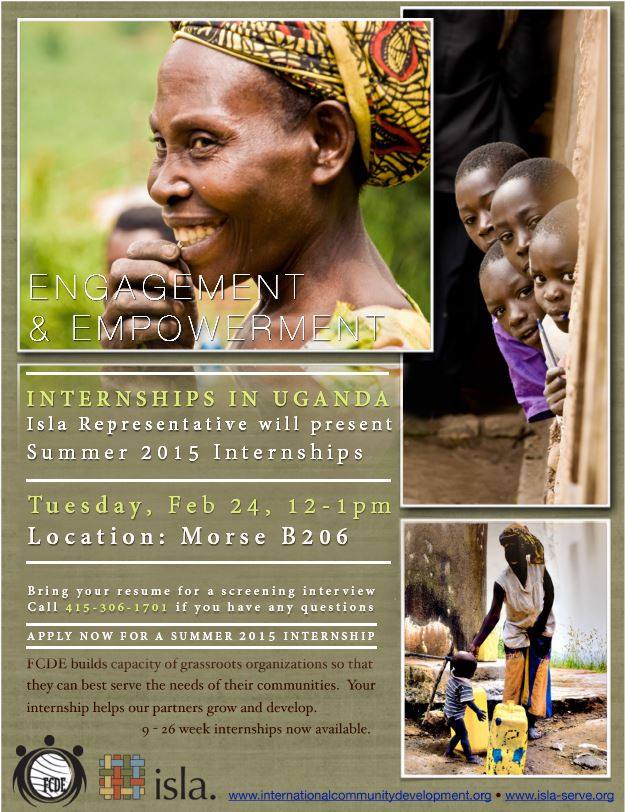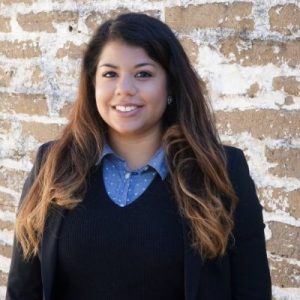 Author: Monique Rao
Author: Monique Rao
MIIS graduate, Monique Rao completed her DPMI Plus practicum for UNICEF Cambodia this past August. If you are interested in a Spring internship with UNICEF Cambodia, they want to hear from you! You can find the listing for their current Spring 2018 Evaluation Intern opportunity here.
Phnom Penh, Cambodia, September 2017: In June this year, the UNICEF Office of Evaluation at Head Quarters in New York announced the organization’s 15 Best Evaluations of 2016. Out of 101 evaluations completed globally, UNICEF Cambodia’s Evaluation on Child-Friendly School Policy was selected as one of the top 15 across the entire organization. This recognition shows UNICEF Cambodia’s commitment to transparency, accountability and improvement, and illustrates how the outcomes of high quality evaluations can positively impact the lives of children here and around the world.
Speaking about the role evaluation plays at UNICEF Cambodia, Country Representative, Ms. Debora Comini stated: “UNICEF is keen to continuously promote reflection and engage in seeking evidence to guide our work for children. A well conducted evaluation will always produce lessons that we must transparently debate and apply.”
But what exactly is an evaluation? Why is it so important for UNICEF to invest time and resources in conducting them? And, how does this help make a difference in the lives of children which is UNICEF’s central mission?
Evaluation is a type of research-based activity that UN agencies, governments and non-government organizations (NGOs) carry out. They measure the results of implemented projects, programmes or policies against the intentions of what they set out to achieve.
Let’s say UNICEF wanted to implement a WASH (Water, Sanitation and Hygiene) programme in schools so that children have access to proper washing stations and restrooms at school. Initial questions the team might ask are: in which provinces will we implement this programme and why, how many schools will we provide washing stations and restrooms for, how many children will this affect, and by doing so, what will this achieve? Perhaps they intend that by providing a child with safe water, in an area where they otherwise would not have access to it, then this will decrease the occurrences of preventable diseases due to poor sanitation and increase school attendance.
In general, evaluations are conducted once the project, or phase of the project, has been completed. The evaluation team will ask the same questions the implementing team asked before beginning the project: How many children were given to access to clean water? How many schools did they build washing stations and restrooms for? Why did they choose to start this programme in this province, and was this a good choice? The Evaluator’s job is to use observation, statistics, interviews and surveys to determine the extent to which the programme has achieved its goals. In the example of a school
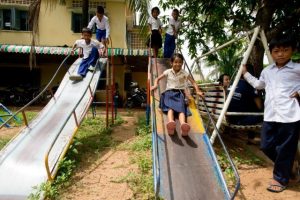
©UNICEF Cambodia/2014/Isabelle Lesser
water and sanitation programme, by how much did the amount of preventable diseases caused by these decrease, and did school attendance improve, if at all?
UNICEF then takes the key findings, lessons learned and recommendations from the evaluation to make improvements and adjustments to the programme or future phases of the programme, so the end result has the greatest impact. In the example of the school WASH programme, any improvements would be made to ensure that programme is implemented in the most efficient and effective way in order to improve children’s access to WASH facilities. Ultimately, better health and school attendance, lead to more opportunities later in life for these children.
Let’s look at the Child-Friendly Schools (CFS) policy evaluation that made UNICEF’s top 15 evaluations, as an example of the positive impact that evaluation has on Cambodian children.
The CFS policy aims to have all children enrolled in school and improve access and quality of education nationwide. It seeks to have schools that are practicing student-centered learning in a healthy, safe environment for children to ensure they get the best education possible, and uses six key elements to assess this: 1. Access to Schooling, 2. Effective Teaching and Learning, 3. Security, Health and Safety, 4. Gender Responsiveness, 5. Community Engagement, and 6. Overall School Management and Leadership.
Two types of teams are used to assess whether schools are actually adhering to the six key elements above: District Training and Monitoring Teams (DTMTs) and School Clusters. Both groups are made up of school directors, teachers, and parents, but work at the district level and local level respectively.
One of the key findings of the evaluation of this policy was that School Clusters were more effective in implementing the CFS policy at the local school level than the DTMTs. Generally, this is because members of School Clusters were from the same commune or community, so they could meet more frequently to discuss their schools’ adherence to the policy, which when done properly, means safer, cleaner, more inclusive and ultimately, more child-friendly spaces for students.
As a result of this finding from the evaluation, there was a sharing in responsibility of the key elements between DTMT or School Clusters. DTMTs were restructured to be responsible for all six elements of the CFS policy and school performance as a whole. The role of School Clusters was also redefined so that they would just be responsible for the second key element, “Effective Teaching and Learning” in the schools. This change to more clearly defined roles, plus some additional government support, meant that School Clusters would be more effective in helping schools train teachers in more child-centered techniques that will make learning more fun and engaging for their students, ultimately benefitting the children to the largest extent.
As CFS is being implemented across the country, the idea is that by using successful monitoring systems like the School Clusters, Cambodian schools will become safer, more welcoming places for children to learn and grow.
The example of the Child-Friendly School Policy in Cambodia demonstrates why it’s important to conduct evaluations. Without them, we wouldn’t know how successful programmes and projects are, or whether or not they’re actually helping improve the lives of children, which is the overall goal of UNICEF’s mission.
*Monique Rao has interned with UNICEF Cambodia’s evaluation team until August 2017.
*Sarah Cowley, Communication intern, has also contributed to this story.




